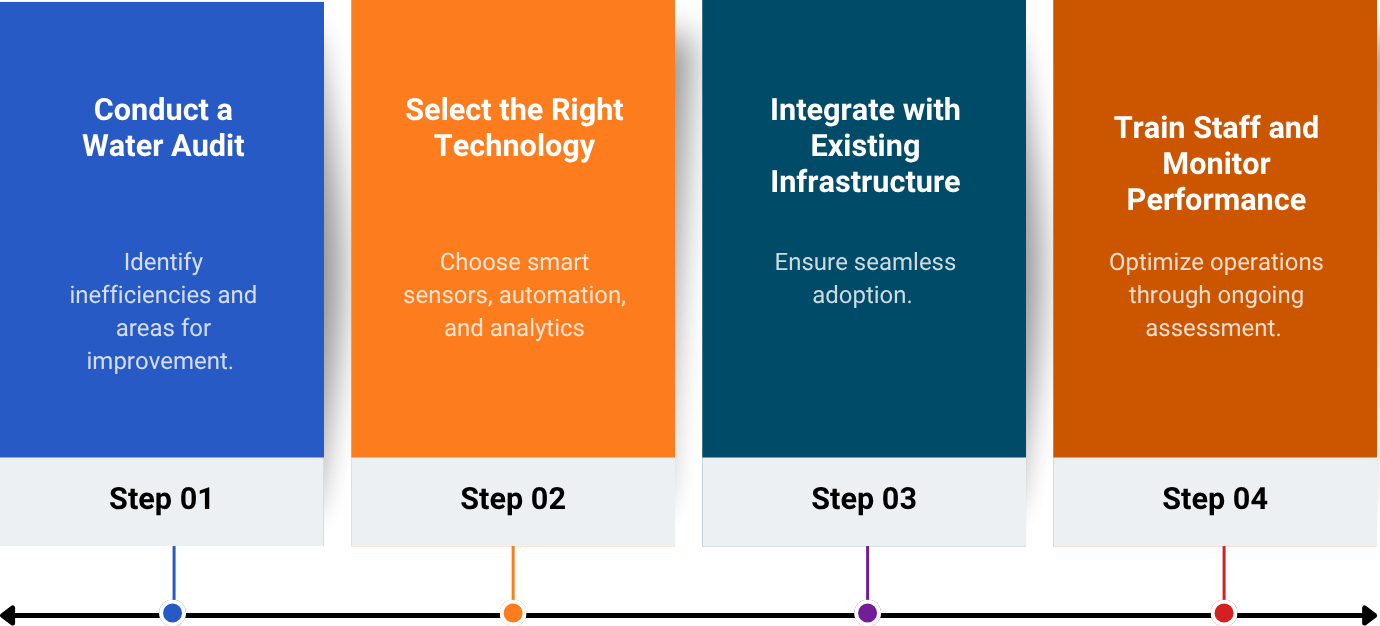-
0 Comments
Behind the Scenes: Managing an effective Commercial Water System

Water is a critical resource for businesses, affecting everything from operational efficiency to cost management. In commercial settings, inefficient water systems can lead to increased expenses, wasted resources, and operational disruptions. Upgrading to a modern commercial water system is essential for long-term sustainability and cost-effectiveness.
This case study explores the installation of a commercial water system, detailing the challenges faced, the innovative solutions implemented, and the benefits achieved.
The Challenge of Inefficient Water Systems
Many businesses struggle with outdated water infrastructure that leads to:
High utility costs due to excessive water consumption.
Frequent maintenance and unexpected downtime.
Inconsistent water pressure affecting operations.
Why Past Solutions Have Fallen Short

Traditional Water Systems rely on manual monitoring and outdated technology, making it difficult to detect inefficiencies in real-time. Businesses often face costly repairs and long-term financial losses due to poor water management.
A Smarter Approach to Water Management
Installing a commercial water system involves implementing modern technology designed to optimize water use, reduce waste, and enhance operational efficiency. Key advancements include:
Smart Sensors & IoT Integration
Real-time monitoring of water flow and leak detection.
Automated Water Controls
Remote adjustments for optimal water pressure and distribution.
AI-Driven Analytics
Predictive maintenance to prevent costly system failures.
Advantages Over Traditional Methods
Unlike conventional systems, which rely on reactive maintenance, smart water solutions provide real-time data, allowing businesses to address inefficiencies proactively.
Who Benefits from This Solution?
Retail
Office
Hospitality
Manufacturing
Healthcare
How to Implement a Smart Water System

The Value of This Solution
Cost Savings: Lower utility and maintenance costs.
Efficiency Gains: Enhanced water distribution and reduced waste.
Risk Reduction: Preventive maintenance minimizes unexpected failures.
Third-Party Validation
Many regulatory bodies endorse smart water management as a best practice for sustainability and compliance.
